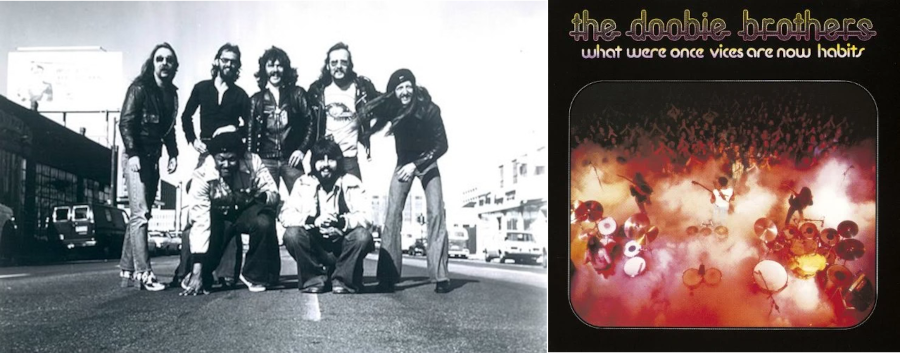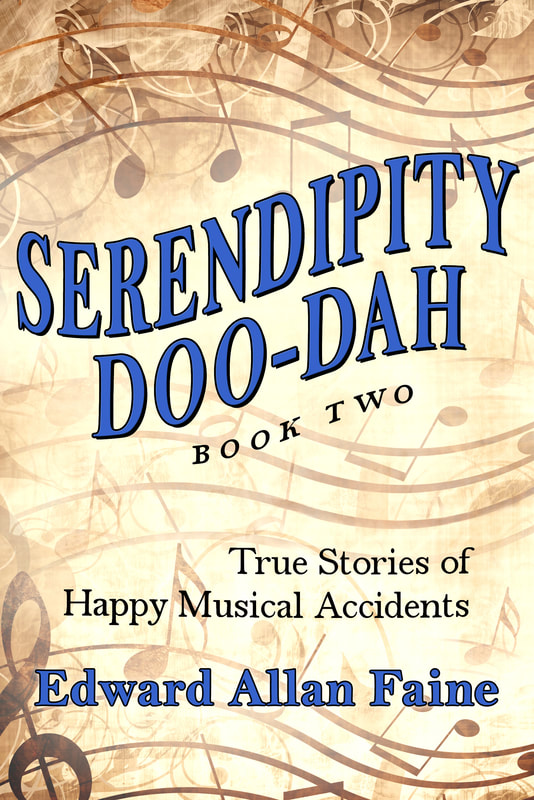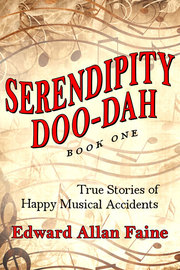As we learned in Serendipity Doo-Dah, Book Two, record industry officials are more often wrong than right when it comes to picking a hit single off an album.
Here’s another instance: a Doobie Brothers single, somewhat early on, from their fourth album, What Were Once Vices Are Now Habits. The songs include “Another Park, Another Sunday” and “Black Water.”[1]
Highly qualified and very experienced producer Ted Templeman put “Another Park” on the A-side of the single figuring it would do well—gangbusters, actually—and placed “Black Water” on the B-side just to get Doobie brother Pat Simmons some songwriting royalties off the A-side action, which Templeman believed would be immense.
Brother Tom Johnson, author of “Another Park,” had, after all, been the brothers’ more prolific and successful songwriter.
But not this time. The hoped-for “Another Park” action did not happen.
Sales tanked.
But then—surprise, surprise—something started to happen with flip-side “Black Water.” There was a little radio station in Roanoke, Virginia, and not too far away was an actual river called Black Water River.
The station started playing the B-side over and over, and the local folks loved it. Soon, other stations followed suit and slowly build, build, build. Eventually stations all over the country joined in, and “Black Water” caught fire, as they say.
Did it matter? You bet.
“Black Water” was the first number one hit the Doobie Brothers ever had!
With all due respect to Mr. Templeman and his company, Warner Brothers, when you have a song title that is a person’s name, a place name, a monument name, or something similar, you’ve got a winner.
One example: Henry Mancini and Johnny Mercer changed their “Blue River” to “Moon River,” and we all know how that turned out.
- Tom Johnston and Pat Simmons with Chris Epting, Long Train Runnin’: Our Story of the Doobie Brothers (New York: St. Martin’s Press, 2022), 163–66.




 RSS Feed
RSS Feed